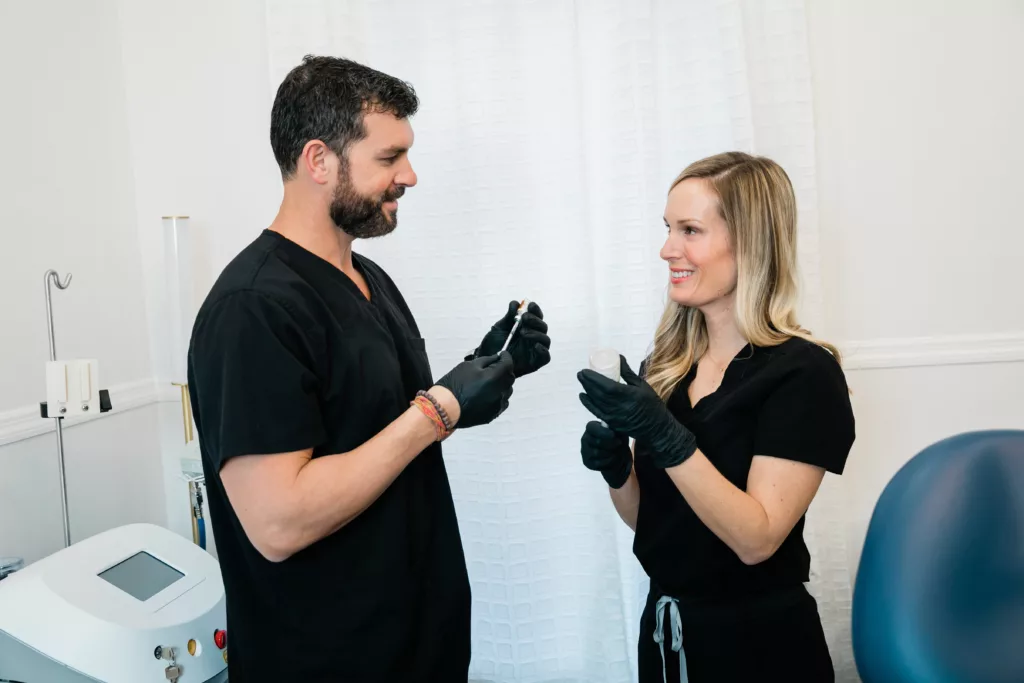Rolling equity represents a key decision point when selling your practice: whether to maintain ownership in your practice or invest sale proceeds into the buying organization. Understanding this concept can significantly impact your transition's long-term success.
Understanding Rolling Equity
When selling your practice, rolling equity means either retaining partial ownership in your practice or investing a portion of your sale proceeds into the purchasing organization. For example, if your practice sells for $5 million, you might choose to roll 30% of that value into continued ownership.
Two Primary Structures
Practice-Level Equity Retention
Retaining equity in your practice means maintaining direct ownership - for example, selling 75% while keeping 25%. This structure works well for owners planning to stay actively involved and who see substantial growth potential. Under this model, you'll receive regular distributions based on practice performance.
Practice-level equity can provide immediate benefits through:
- Enhanced recruiting capabilities
- Improved purchasing power
- Access to advanced operational systems
- Direct participation in practice growth
Parent Company Investment
Alternatively, you can invest in the purchasing organization (like a DSO or MSO). This approach often provides higher potential returns - while your practice might sell for 7x EBITDA, the parent company could be valued at 12-20x EBITDA. However, this equity typically remains illiquid until the organization sells or recapitalizes.
Important Timing Considerations
When you join a larger organization matters. Early-stage investment often means purchasing shares at a lower valuation, potentially leading to greater returns. However, joining later in an organization's growth cycle might mean buying at peak valuations, potentially limiting upside potential.
Key Questions to Ask Before Rolling Equity
- What is the current valuation methodology for shares?
- When was the last recapitalization?
- What is the expected holding period?
- Are distributions available, or is capital reinvested for growth?
- What happens to equity if you leave early?
- Can your position be diluted through future raises?
- What rights come with the equity?
- How is the parent company performing overall?
Making Your Decision
Your choice should align with your personal goals and timeline:
Younger Practitioners
Often benefit from practice-level equity, allowing direct involvement in growth and regular distributions. This approach works well for those with a longer time horizon and desire for operational involvement.
Near-Retirement Owners
Might prefer parent company investment for risk diversification across multiple practices. This approach can provide protection against single-practice volatility while maintaining upside potential.
Negotiation Timing
Rolling equity should be negotiated alongside the initial purchase price - not after. The amount of equity being retained or rolled can significantly impact the overall enterprise value and deal structure. Some buyers may offer higher valuations based on equity participation levels.
Looking Forward
Rolling equity can enhance your practice sale outcome, but it requires careful consideration and negotiation. While no investment is guaranteed, understanding these structures helps ensure your transition aligns with your long-term financial and professional goals.
Practice Transitions Group brings extensive experience negotiating equity structures in practice sales. We welcome the opportunity to discuss your specific situation and goals.



